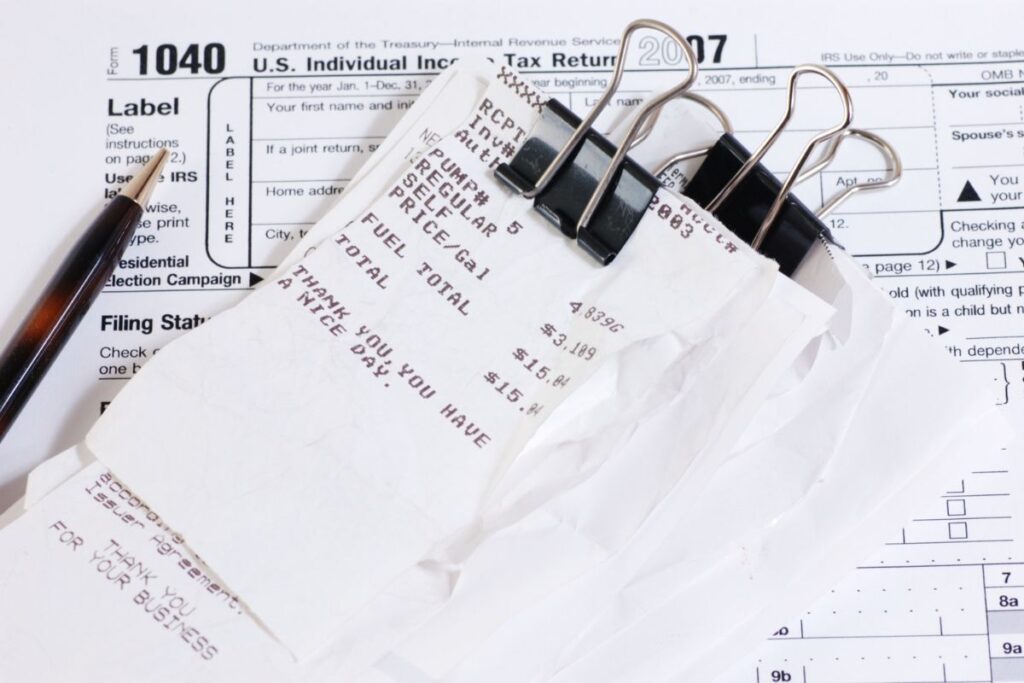
For Canadians who live, work, or own property in the United States, understanding the complexities of cross-border taxation is crucial. The U.S. and Canada have distinct tax systems, each with its own set of rules and regulations. Navigating these differences is key to ensuring legal compliance, minimizing your tax liabilities, and protecting yourself from audits by either government.
The tax lawyers at Taxpage frequently encounter clients who face challenges in understanding how their activities in the U.S. affect their tax situation. The information below can shed light on some critical aspects of U.S. tax laws that Canadians should be aware of, whether they are earning income across the border, investing in U.S. real estate, or merely spending significant time in the States.
Contents
Income Taxation
One of the primary concerns for Canadians engaging in activities in the U.S. is the taxation of income. The U.S. taxes individuals based on both citizenship and residency. As a Canadian, if you earn income in the U.S., you are required to report this income to the Internal Revenue Service (IRS), regardless of your residency status.
The type of tax return you need to file, and the applicable tax rates depend on whether the IRS considers you a resident or non-resident for tax purposes and the type of income you earn. The most common tax return is the Form 1040, which is used for federal reporting of all sources of income. Other common forms include a W-2 for employment income, a Schedule C for reporting self-employment income, and state tax forms depending on where you earn income.
Residency for Tax Purposes
The IRS applies tests such as the Substantial Presence Test to determine tax residency. This test calculates the number of days you have been present in the U.S. over a three-year period. If you meet the criteria, you are considered a U.S. resident for tax purposes and must report your worldwide income to the IRS.
Tax Treaties and Totalization Agreements
To mitigate the risk of double taxation, Canada and the U.S. have a tax treaty that allows for the offsetting of taxes paid in one country against liabilities in the other. Additionally, a totalization agreement covers Social Security and Medicare taxes, ensuring that Canadians working temporarily in the U.S. do not pay these taxes to both countries.
Property Ownership
Owning property in the U.S. also comes with tax implications. Canadians who own real estate in the U.S. must be aware of their potential liability for estate taxes should they pass away owning this property. The U.S. estate tax can be onerous, with rates that can significantly impact the estate’s value. Planning with the help of a knowledgeable tax advisor is crucial to navigating these waters effectively.
Investments
Canadians investing in U.S. stocks or bonds are subject to withholding taxes on dividends and interest. The default withholding rate is 30%, but under the Canada-U.S. tax treaty, this can often be reduced to 15%. Properly structuring your investments and filing the appropriate forms with your brokerage is essential to reduce withholding.
Spending Time in the U.S.
Canadians who spend a lot of time in the U.S., commonly referred to as “snowbirds,” need to be particularly careful about their tax status. Spending too much time in the U.S. can inadvertently make you a tax resident, subjecting your worldwide income to U.S. taxation. It’s important to track the days spent in the U.S. meticulously and file the closer connection exemption form if applicable.
In Conclusion
Understanding U.S. tax laws is crucial for Canadians who find themselves across the border for personal or professional reasons. By staying informed and consulting with tax professionals, you can navigate the complexities of cross-border taxation confidently and effectively.




